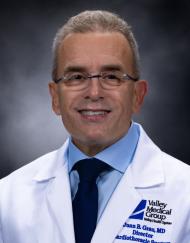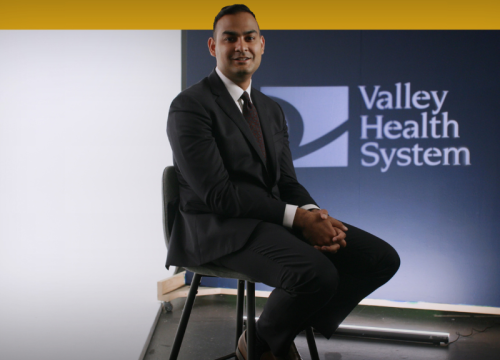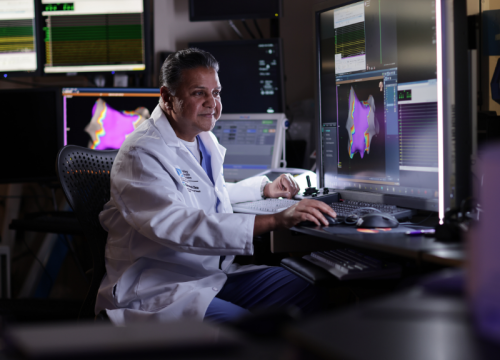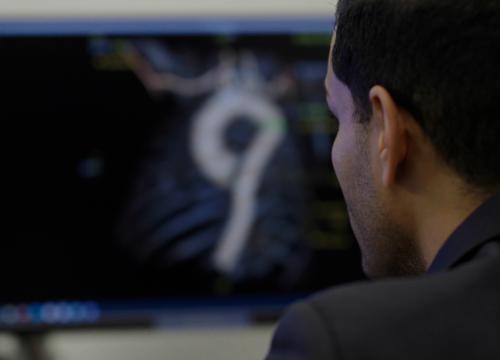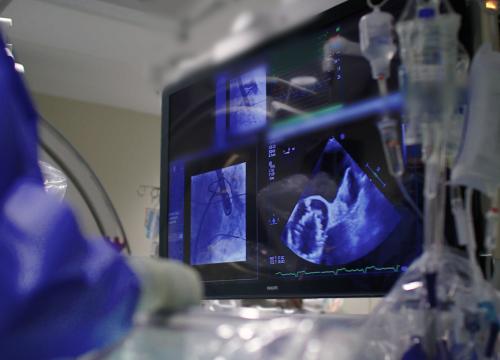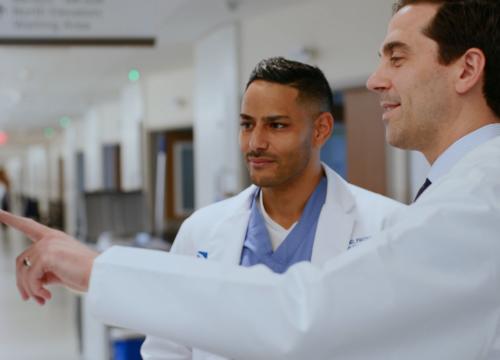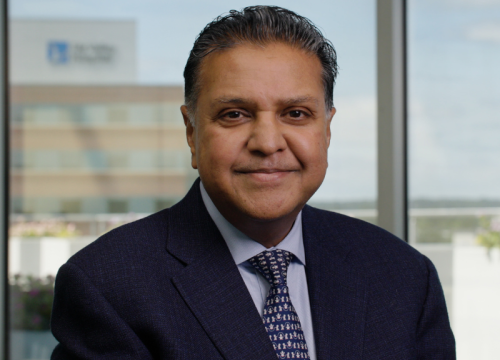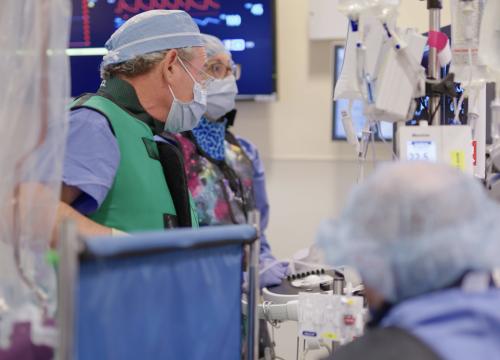
A new research study in the United Kingdom found that one in four healthy people who are age 60 and older have undiagnosed heart valve disease. The findings were published in the European Heart Journal Cardiovascular Imaging and stated these adults were healthy and had no symptoms, but had the disease and did not know it.
Heart valve disease refers to any condition affecting one or more of the four heart valves: the aortic, mitral, pulmonary, or tricuspid valves. These valves regulate blood flow through the heart, ensuring it moves in the right direction. Heart valve disease can involve stenosis, where the narrowing of the valve restricts blood flow, or regurgitation (or insufficiency), when the valve does not close properly, causing blood to flow backwards.
Symptoms can include shortness of breath, fatigue, swelling of the ankles or feet, chest pain, and dizziness. Medical management is conducted until intervention through a surgical approach or percutaneous – through the skin – route, such as valve repair or replacement, become necessary to restore normal valve function.
Heart Valve Disease Care at Valley
Valley’s heart team provides expert care for all forms of heart valve diseases.
Heart valve disease treatment ranges from medications and lifestyle changes to heart valve repair and replacement. At Valley, we offer the full range of treatments — often combining treatments to tailor to each patient’s condition. Your care team includes cardiac surgeons, structural heart specialists, advanced practice providers, and others — all working together for you.
If you need valve repair or replacement, we specialize in repair of all forms of complex repair and replacement techniques involving all four heart valves, including the Ross procedure and David procedure, and complex mitral valve and tricuspid repairs. In addition, we offer percutaneous alternatives to high risk patients, such as transcatheter aortic valve replacement (TAVR) and MitraClip.
Our goal is for you to understand all your options. We’ll discuss the risks and benefits of treatment options, and we encourage you to share your concerns with us. Together, we’ll tailor your treatment to your needs and preferences.
Why Choose Valley?
If you are facing any form of valvular disease and are seeking state-of-the-art care, the cardiac surgery team at Valley, in alliance with Cleveland Clinic’s Heart, Vascular & Thoracic Institute, is renowned for delivering high-performing results on The Society of Thoracic Surgeons national registry – the premiere cardiothoracic surgery clinical outcomes registry for adult cardiac surgery – in the area. Under my leadership, this team boasts highly skilled specialists like aortic surgeon Habib Jabagi, MD, and surgeon Paul Burns, MD, Director of Heart Failure Surgery. With their expertise and dedication, you can trust you are in the best of hands for the treatment of your heart valve condition.
Our cardiac surgeons and structural heart specialists have performed more than 1,000 transcatheter aortic valve replacement (TAVR) procedures, led by Rajiv Tayal, MD, Director of the Cardiac Catheterization Laboratory and Structural Heart Program at The Valley Hospital. Rajiv Tayal, MD, assisted by Hussein Rahim, MD, and Howard Goldschmidt, MD, were among the first in the area to use the MitraClip procedure to treat mitral regurgitation.
Together with you and your family, your care team works together to develop a customized care plan to treat your specific condition.
For more information about heart valve disease care at Valley, please visit ValleyHealth.com/HeartValve.


